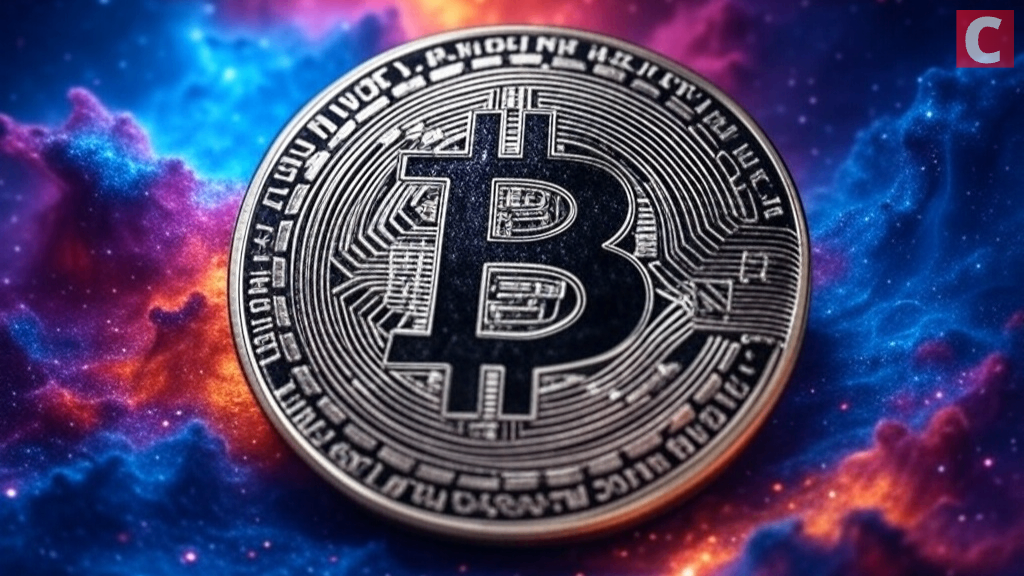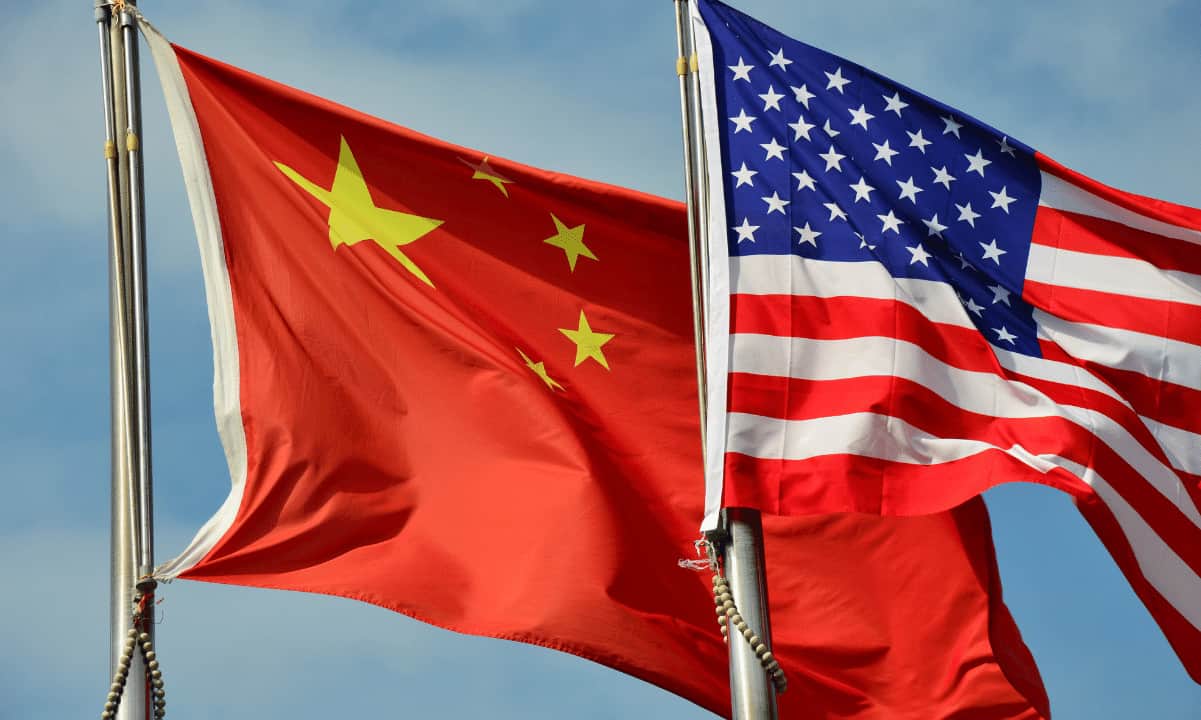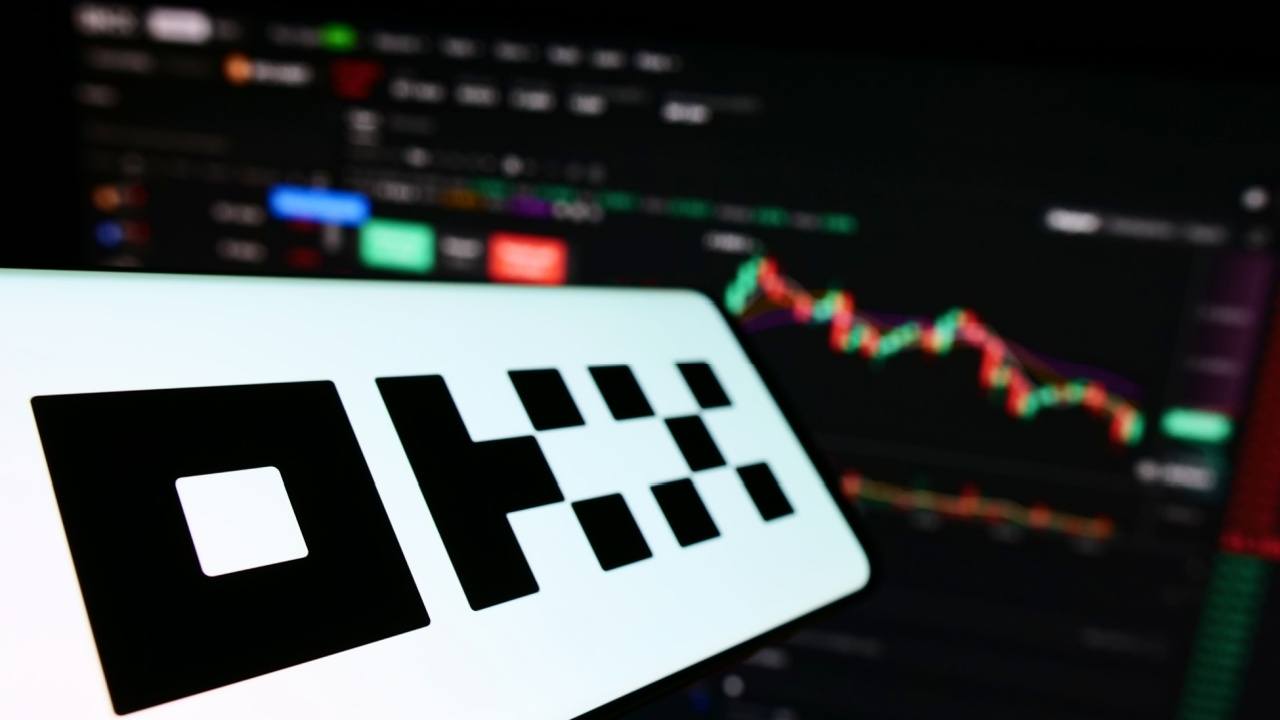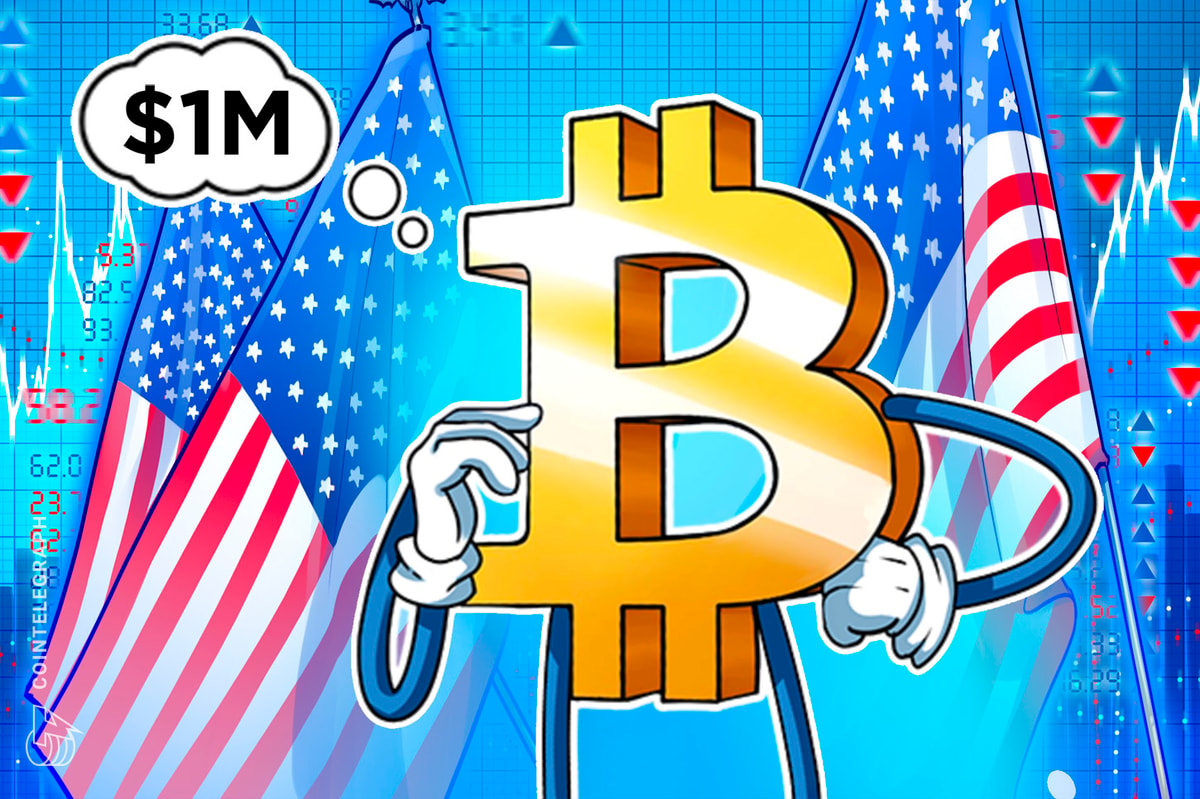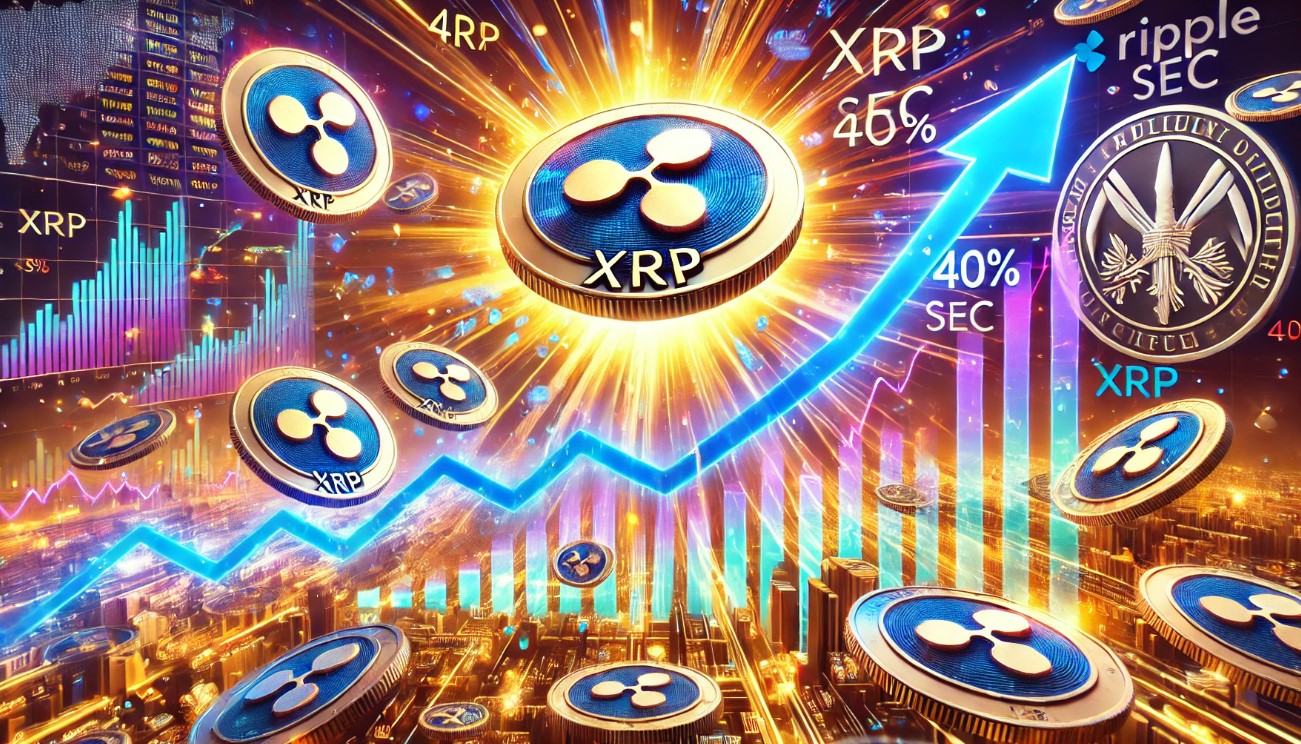-
OpenSea is marking a significant expansion in the cryptocurrency landscape by including Solana fungible token trading, reflecting its ambition to broaden its market reach.
-
This latest development is strategically designed to attract a wider user base amidst increasing competition in the NFT marketplace, particularly from Solana-based platforms.
-
“This is a big milestone in our multi-chain journey. Solana has some of the most passionate users and builders in web3,” OpenSea stated on their official social media.
OpenSea expands into Solana fungible token trading, enhancing its market position while preparing for NFT support, amid growing competition from rivals.
OpenSea Expands to Solana Token Trading: A Strategic Shift
OpenSea’s recent move to incorporate Solana fungible tokens into its trading platform marks a pivotal change in the NFT marketplace landscape. This decision reflects OpenSea’s commitment to evolving from a primarily Ethereum-focused platform to a multi-chain ecosystem that embraces the growing demand for Solana assets.
Beta Launch and Future Rollout Plans
The new trading feature is currently available to select OS2 closed beta users, with OpenSea promising to extend access to a broader user base in the near future. This rollout is anticipated to include a range of popular meme coins such as Fartcoin (FARTCOIN) and Dogwifhat (WIF), which have gained considerable traction within the Solana community.
OpenSea’s Competitive Landscape and Market Position
OpenSea faces fierce competition in the Solana NFT space, particularly from competitors like Magic Eden and Tensor, which together have secured over 87% of the Solana NFT market share. This competition has necessitated a strategy where OpenSea not only revamps its existing platform but also proactively engages in broader discussions about regulatory clarity within the NFT ecosystem.
Regulatory Engagement and Future Outlook
In the wake of its expansion, OpenSea has taken significant steps to advocate for the Web3 industry. The company submitted a letter to the SEC, seeking clearer guidelines surrounding NFT marketplace regulations. OpenSea’s leadership is positioning the platform not just as a trading venue but as a facilitator of discussions pivotal for the future of digital asset trading regulations.
Conclusion
With its recent expansion into Solana token trading, OpenSea is poised to reclaim some market share and redefine its identity in the evolving crypto landscape. The platform’s commitment to inclusive token trading, coupled with active engagement in regulatory discussions, highlights its ambition to be at the forefront of the multi-chain revolution while navigating the complexities of the digital economy.


